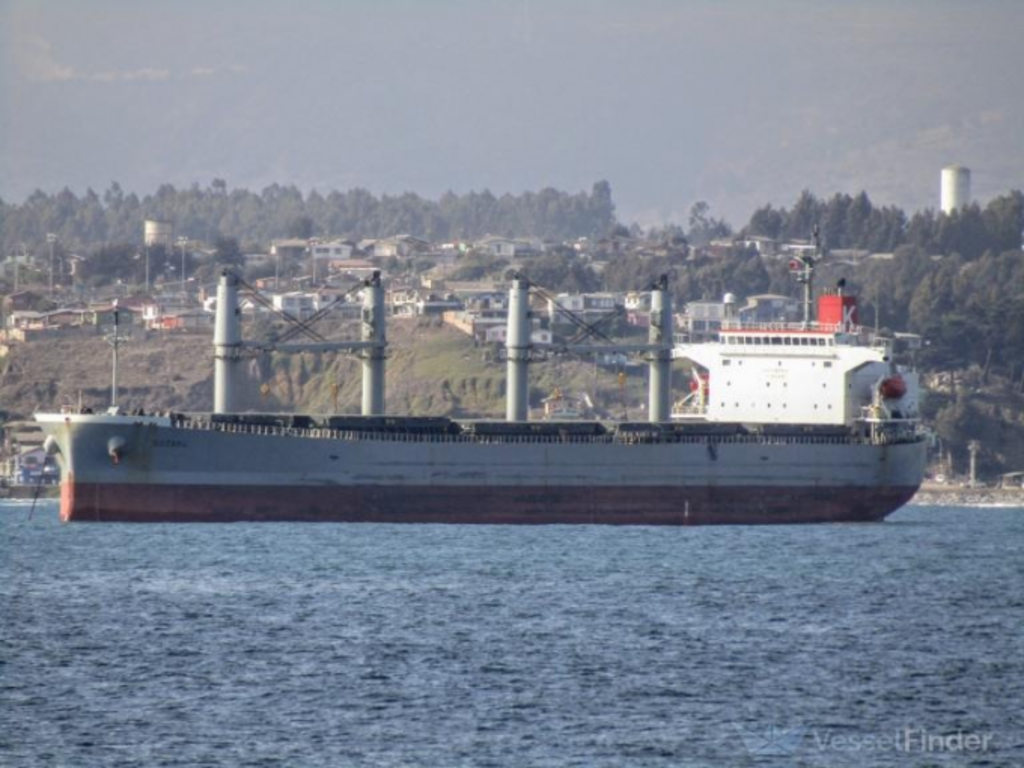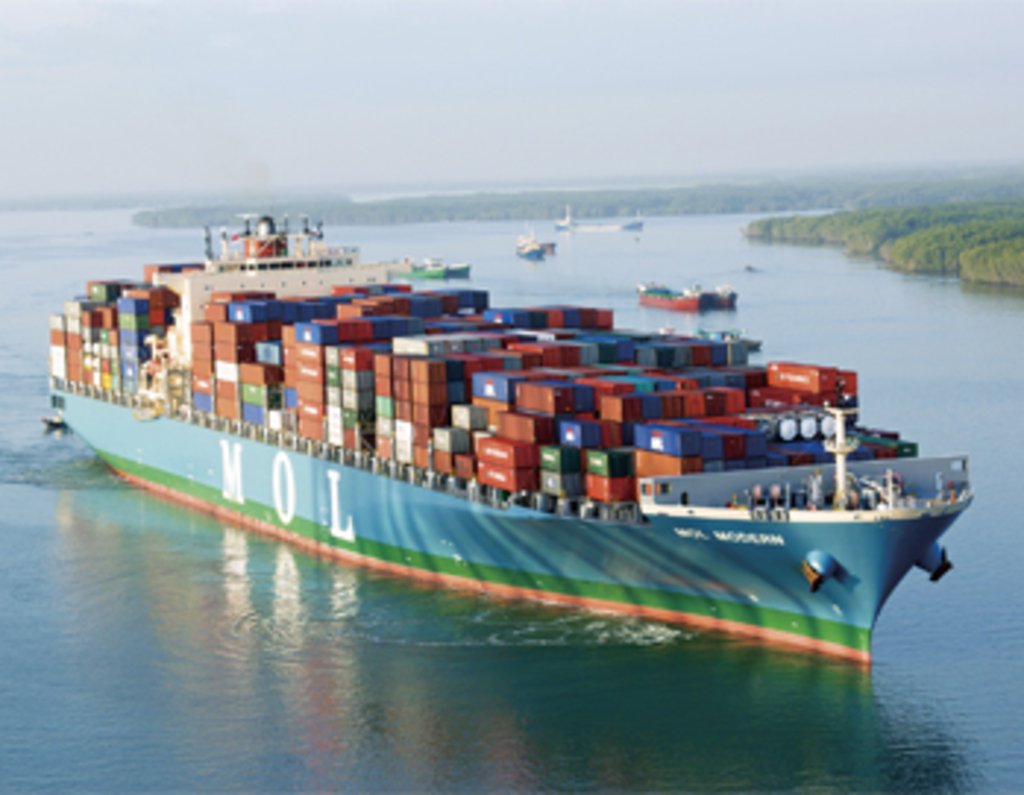HIGHLIGHTS
- On February 6th, the 2019-built 204 TEU Suzaku brought along two containers and started its autonomous sailing trial between Tokyo Bay and Ise Bay.
- The Suzaku ship had been planned for pilot autonomous shipping since September 2021, right after DFFAS built an onshore support center in Mihama, Chiba.
- The DFFAS project was sponsored by the Joint Technological Development Programme for the Demonstration of Unmanned Ships under the Nippon Foundation.
FULL ARTICLE
The second self-propelled vessel on trial
On February 6th, the 2019-built 204 TEU Suzaku, which was built in 2019, brought along two containers and started its autonomous sailing trial between Tokyo Bay and Ise Bay after two month waiting for retrofit in Innoshima Sanwa Shipyard.
The Suzaku ship, owned by Japan Railway Construction, had been planned for pilot autonomous shipping since September 2021, right after DFFAS built an onshore support center in Mihama, Chiba. It will be the remote control spot for the vessel during the trial and can intervene in an emergency.

Suzaku was designed with the modifications and retrofits by Nihon Shipyard, whereas the Japan Radio also built an integrated information management system fitting with the support center.
This is the second Japanese unmanned shipping vessel to be in trial. The first trial was last January by the 194 TEU ship called Mikage, which was owned by MOL Imouto Lines and totally moored by a drone.

The Japan’s new containership technology testing project
The DFFAS project was sponsored by the Joint Technological Development Programme for the Demonstration of Unmanned Ships under the Nippon Foundation, with an aim to examine the feasibility of self-operating navigation through crowded waters. DFFAS hopes to commercialize autonomous shipping by 2025.
However, the 120 TEU Yara Birkeland, built by Norway, is the world’s first autonomous battery-operated container ship in operation. It commenced operations for Yara International, a Norwegian fertilizer producer, transporting fertilizers from the factories to Norway’s Brevik and Larvik ports.

To be certificated as an all-electric autonomous containership, most vessels will have to wait in a two-year period for improving and equipping with the self-propelled technology before being in an official trial on the sea.
Mai Pham
Battery-powered container ships – a new solution for the supply chain













